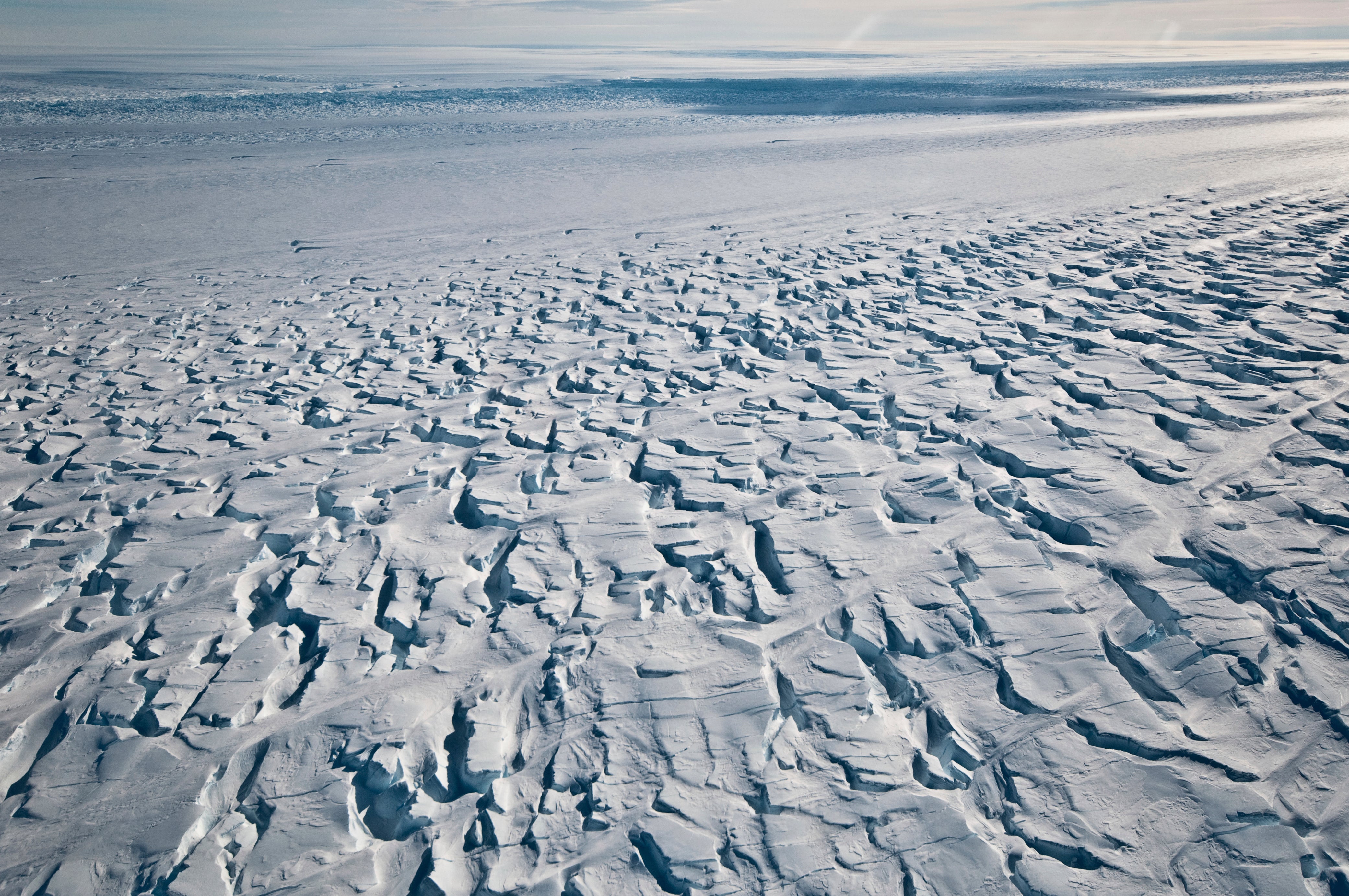Our planet has passed its first major climate tipping point with the widespread collapse of warm-water coral reefs already underway, scientists warned on Monday.
The latest Global Tipping Points Report, led by the University of Exeter and released ahead of next year’s Cop30 climate summit in Brazil, says that coral ecosystems – on which about a billion people depend for food and livelihood – are now tipping into an irreversible decline. This means the Earth has entered a “new reality”.
Even if temperatures stabilise at 1.5C above pre-industrial levels, the report estimates, over 99 per cent of warm-water reefs will likely still vanish unless global temperatures are brought back towards 1C.
The report, produced by 160 scientists from 87 institutions in 23 countries, warns that humanity is now “dangerously close” to triggering further catastrophic thresholds, including the melting of polar ice sheets, the collapse of key ocean currents and the dieback of the Amazon rainforest.
“These findings show that we are rapidly approaching multiple Earth system tipping points that could transform our world, with devastating consequences for people and nature,” Professor Tim Lenton, director of Exeter’s Global Systems Institute, argued.
“This demands immediate, unprecedented action from leaders at Cop30 and policymakers worldwide.”
In the past two years, more than 80 per cent of the world’s reefs have been affected by the worst bleaching event on record, with corals losing their colours and turning white because of stress largely caused by high ocean temperatures.
Key findings from the Global Tipping Points Report
- Warm-water coral reefs are already collapsing at 1.4C of warming.
- Further tipping points, including Amazon dieback and polar ice melt, may occur between 1.5C and 2C.
- Global governance systems are unprepared to manage abrupt, irreversible climate shifts.
- Positive tipping points are underway in clean energy and electric mobility but need acceleration.
- At Cop30, world leaders must commit to rapid, coordinated transformations to steer the planet back from catastrophe.
The report’s authors describe these shifts as a “new type of threat” that existing global agreements are not equipped to handle, arguing that abrupt and irreversible changes cannot be managed through incremental policymaking.
They call for accelerated emission cuts, large-scale carbon removal, and a rapid shift towards “positive tipping points” – self-reinforcing transitions like the mass adoption of clean technologies.
While grim in outlook, the report also highlights areas of hope.
Solar and wind power, electric vehicles, heat pumps and battery storage have already crossed their own tipping points, with market forces now driving exponential growth.
Coordinated policies at “super-leverage points”, such as the integration of clean power and transport systems, could trigger further cascades of change, the report says.
Dr Mike Barrett, chief scientific adviser at WWF-UK and co-author of the report, called the findings “incredibly alarming”.
“That warm-water coral reefs are passing their thermal tipping point is a tragedy for nature and the people that rely on them for food and income,” he said. “Unless we act decisively now, we will also lose the Amazon rainforest, the ice sheets and vital ocean currents.”
The report finds that the threshold for Amazon rainforest collapse may be lower than previously thought – possibly starting at 1.5C of global warming. More than 100 million people rely on the Amazon and scientists say that its fate could hinge on “positive social tipping points”, such as empowering Indigenous governance and restoring degraded land.
Similarly, the Atlantic Meridional Overturning Circulation – a key ocean current system that helps regulate weather patterns – is at the risk of collapse below 2C, potentially disrupting monsoons in Africa and Asia, plunging Europe into a “little ice age” and threatening global food security.
Scientists described how winter sea ice would cover the North Sea, temperatures could dip to as low as minus 30C in Edinburgh and London would experience three frozen months a year, contrasting with extreme heatwaves in summer.

To prevent this, all countries must limit the extent to which warming overshoots 1.5C in the next few years, the report says, adding that every degree and year spent above this threshold matters.
Last year, global temperatures hit an average of 1.5C – with long-term trends putting warming at 1.4C – making it near inevitable that the world will surpass the threshold this decade.
Dr Manjana Milkoreit of the University of Oslo said tipping points “present distinct governance challenges” that require both institutional reform and new approaches.
“Preventing tipping points requires frontloaded mitigation that minimises peak global temperature and the duration above 1.5C,” she said.
Brazil’s André Corrêa do Lago, president-designate of Cop30, said the new report offered “hopeful and sober evidence that humanity can still choose to change and evolve towards a safe, prosperous and equitable future”.
Professor Lenton said the world must now “tip its trajectory from facing existential Earth system risks to seizing positive tipping point opportunities”.







